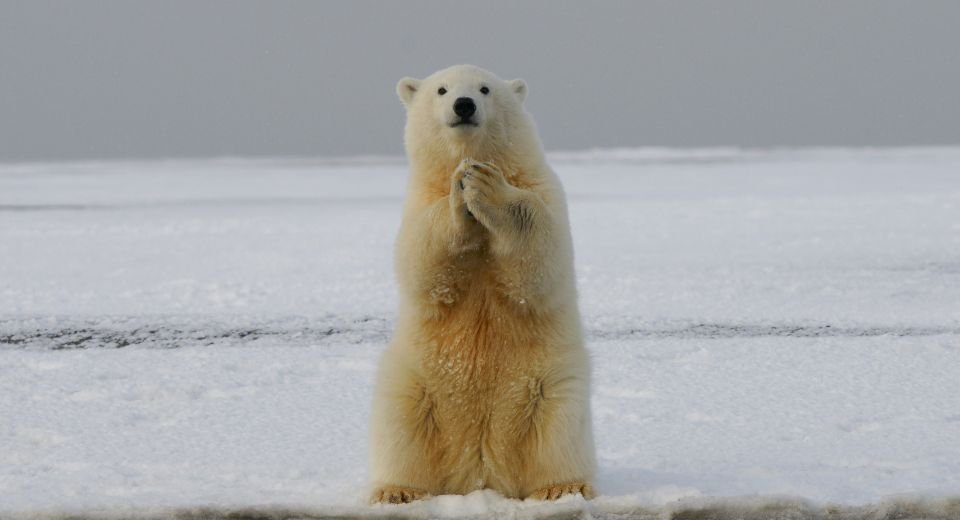HQ Team
December 17, 2024: In a study conducted in Churchill, Manitoba—often dubbed the “Polar Bear Capital of the World”—researchers from Dalhousie University looked into how climate change is affecting polar bears’ gut microbiomes and overall health.
In 2018, a team spent a week studying polar bears on Hudson Bay, focusing on their fecal microbiomes to gauge the impact of climate change on their diets and health. They collected samples from both wild and captive polar bears, revealing significant differences in gut microbiome diversity related to dietary shifts caused by environmental changes. Captive bears, which were fed a long-term high-protein diet, exhibited a more diverse microbiome compared to their wild counterparts, who traditionally rely on high-fat seals for sustenance
Key findings
The study found that wild polar bears are increasingly deprived of their marine mammal-based diet due to human-induced climate change, leading them to spend longer periods on land. This shift forces them to adapt to lower-fat, high-protein diets that lack essential nutrients.
The fecal microbiomes of captive bears were distinct and more diverse than those of wild bears. This difference is attributed to dietary and habitat changes, as wild bears face prolonged ice-free seasons that limit access to their traditional food sources
Polar bears are among the most vulnerable species affected by shrinking sea ice and global warming. They rely heavily on sea ice for food, movement, and reproduction. The loss of this habitat not only threatens their survival but also alters their gut health, which could have cascading effects on their overall physiology.
Implications of climate change
The findings underscore a broader ecological concern: as Arctic sea ice diminishes—having lost about 25% of its cooling capacity since 1980—polar bears may evolve into fundamentally different animals if they manage to survive the ongoing changes. The Hudson Bay area is witnessing an onslaught of polar bears that are prowling inland for longer periods in search of food.
Dr. Stephanie Collins, who led the research team, emphasized that these adaptations could lead to significant shifts in the species’ biology and ecology
Related research
Similar studies have corroborated these findings. Research published in Nature indicated that changes in habitat use due to climate change are linked with altered gut microbiota in polar bears, suggesting potential health risks associated with these shifts.
Another study highlighted that the gut microbiome composition varies significantly between polar bear subpopulations based on their dietary habits influenced by sea ice availability. This variation can impact immune function and nutrient absorption.
As researchers continue to investigate the implications of climate change on wildlife, it becomes increasingly clear that small actions at home—like reducing plastic use and opting for cleaner energy sources—can contribute to a cooler future where polar bears roam freely across vast sheets of sea ice.
